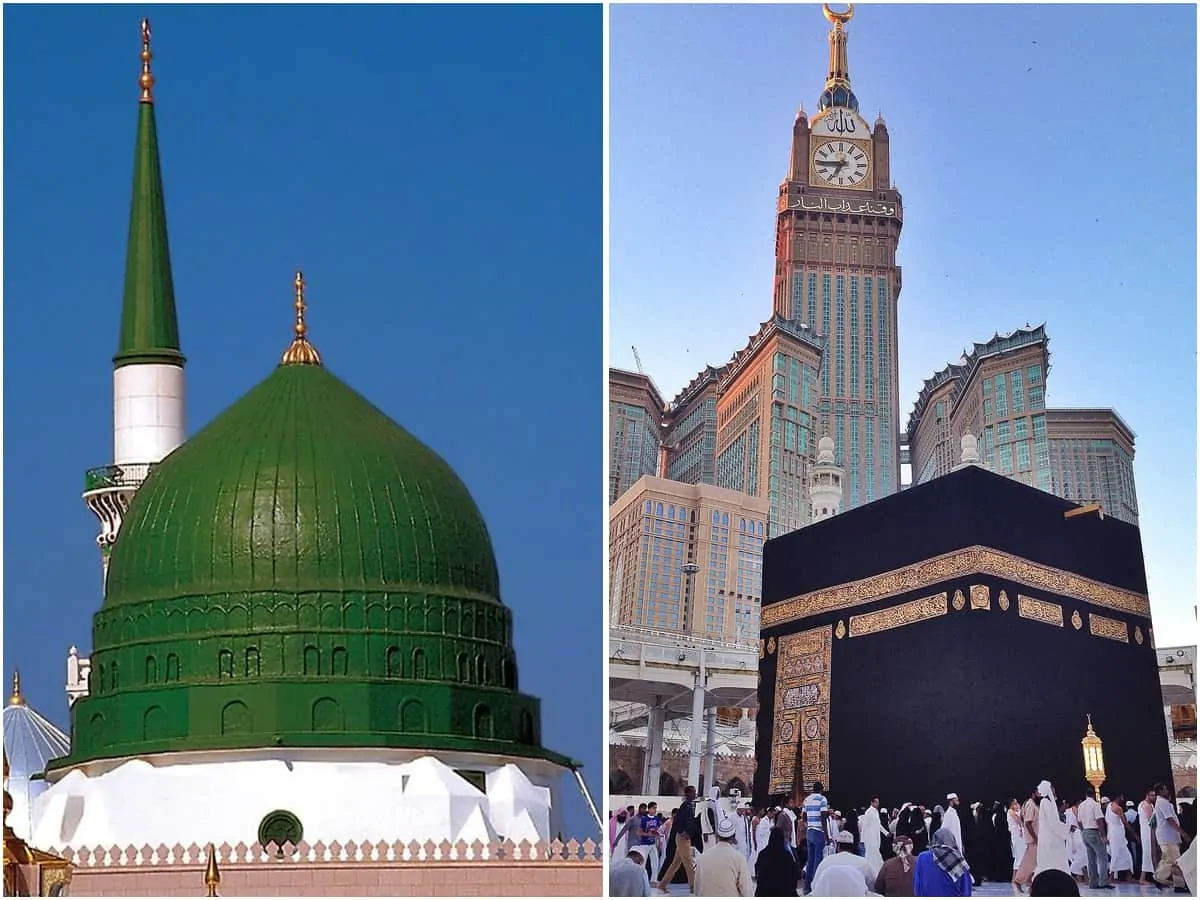Riyadh: Saudi Arabia reopened Al-Haram Mosque in Makkah and Al-Masjid al Nabawy in Medinah, after they were closed for sterilization to halt the spread of the new corona virus, state TV Al-Ekhbariya reported on Friday (March 6).
On Wednesday, Saudi Arabia suspended the Umrah for its own citizens and residents over fears of the corona virus spreading to Islam’s holiest cities.
Citizens waited for 14 days before entering Kingdom
It came after the kingdom last week closed the sites to foreign pilgrims and traditional tourists from some 25 countries to stop the spread of the virus. It also said that citizens and residents of Gulf Cooperation Council countries wishing to enter must wait 14 days after returning from outside the region.
5 cases of corona virus reported
After KSA reported five cases of the corona-virus, it was not clear from the Al-Ekhbariya report if pilgrims would be allowed to return to the sites.
A Saudi official told AFP the decision to close the area was “unprecedented”.
State television on Thursday relayed images of an empty white-tiled area surrounding the Kaaba – a large black cube structure inside Mecca’s Grand Mosque – which is usually packed with tens of thousands of pilgrims.
A group of cleaners were seen scrubbing and mopping the tiles around the Kaaba, a structure draped in gold-embroidered gold cloth towards which Muslims around the world pray.
The umrah, which refers to the Islamic pilgrimage to Mecca that can be undertaken at any time of year, attracts millions of Muslims from across the globe annually.
The decision to suspend the umrah mirrors a precautionary approach across the Gulf to cancel mass gatherings from concerts to sporting events.
Ramadan to start in April
It comes ahead of the holy fasting month of Ramadan starting in late April, which is a favoured period for pilgrimage.
It is unclear how the coronavirus will affect the hajj, due to start in late July.
Some 2.5 million faithful travelled to Saudi Arabia from across the world in 2019 to take part in the hajj, which is one of the five pillars of Islam as Muslim obligations are known.
The event is a massive logistical challenge for Saudi authorities, with colossal crowds cramming into relatively small holy sites, making attendees vulnerable to contagion.

